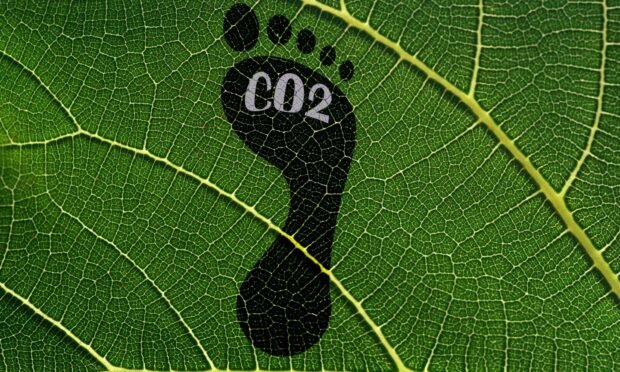Only a quarter of firms have a plan to reduce their carbon impact, a leading business group has claimed.
The Institute of Directors (IoD) has published poll results of more than 600 business leaders in which it claims firms are not yet confident in their ability to meet net zero goals.
The survey found that only 28% of directors’ organisations measure their carbon impact, with only 27% having a well-worked out plan of how to reduce their carbon footprint.
Additionally, only 16% have indicated that their organisations have set a date by which they will achieve net zero.
More support needed
The IoD believes more needs to be done to support businesses’ transition to net zero by both the Government and company directors.
This includes the government to work in close partnership with the IoD and other bodies to increase sustainability awareness and know-how amongst SME directors, such as through appropriate training, advice and certification programmes.
And for directors and business leaders to place the climate transition at the heart of corporate strategy and board decision-making, and to define a credible route to net zero for their organisations.
Few businesses have plans
Alex Hall-Chen, senior policy advisor at the IoD, said: “As world leaders meet in Glasgow to discuss and agree a global response to the climate emergency, it is clear that businesses closer to home are looking for Government to offer guidance and support to enable them to play their part.
“For directors and business leaders to place the climate transition at the heart of corporate strategy and board decision-making, and to define a credible route to net zero for their organisations.
It is only through close collaboration between business and government that we will be able to meet net zero goals.”
“The Government’s recent net zero strategy was a welcome first step, but further action is needed to help businesses to meet decarbonisation goals – too few businesses have concrete plans to measure and reduce their carbon impact.
“It is only through close collaboration between business and government that we will be able to meet net zero goals.
“We urge the Government to work in close partnership with business to make net zero a reality and we are setting out some clear steps which can be undertaken to ensure that sustainability is embedded into corporate culture.”
Time to raise price of carbon
The findings also showed 51% of business leaders believe that it is the role of the Government to provide advice and guidance to businesses on how to reduce their carbon impact, with 43% believing that Government needs to decide the best way for firms to measure their footprint.
While 47% also state that the price of carbon should be raised to incentivise firms and individuals to switch to other energy sources.
